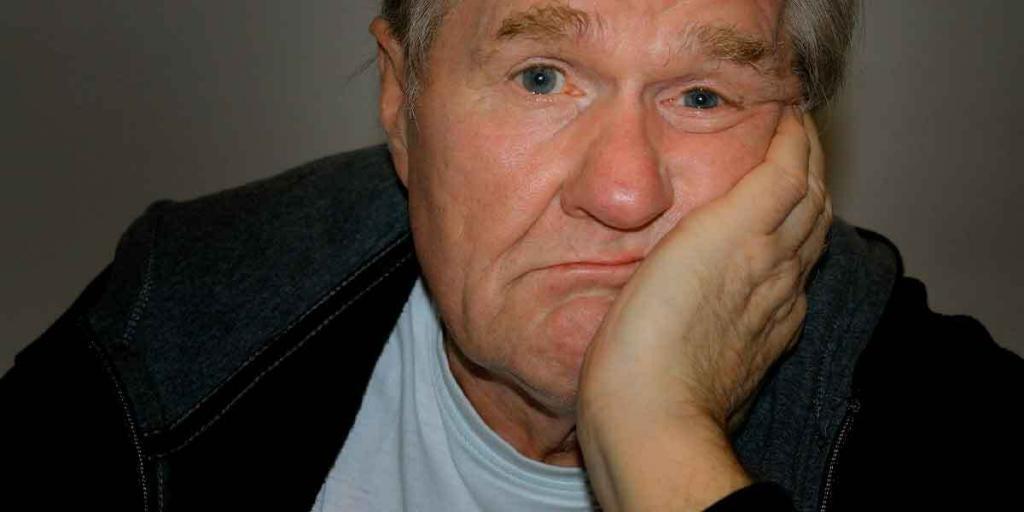Jaw pain occurs in both the upper and lower mandibular and is brought about by different factors. This pain can be so severe that you won’t be able to perform your daily tasks well.
Causes of jaw pain include:
Tooth Grinding
This occurs unintentionally to individuals with bruxism disorder where you grind your teeth at night, causing shifting of muscles and straining of the jaw, this condition could lead to a dislodged jaw in prolonged cases.
Dental Problems
Tooth cavity or decay lead to dental abscesses, a condition where the pain in the teeth is radiated to the jaw causing jaw pain. when you experience dental problems, choose one of the top Brooklyn orthodontics to help you out.
Sinus Order
Sinusitis infection, is where the air-filled cavities that are located close to the jaw joint are irritated by allergies and chemicals that cause corrosion in this highly sensitive joint.
Periodontal Disease
Is the condition where the plaque is hardened to form tartar, predisposing the gums to inflammability, hence the emergence of jaw pain?
Heart Attack
When an individual suffers an attack pain from the heart, shifts to the jaw, this is termed as referred pain as it is radiated from another path. The coronary artery palpates pain to the jaw.
Infections
Gum disease, and tooth damage induced infection always lead to jaw pain since the nerves seem to be directly linked to the jaw under these conditions.
Arthritis
Individuals suffering from this condition, especially osteoarthritis, have a smooth interface between the joints provoking pain in the jaw joints.
Injury
Trauma caused bruises and swellings or loose teeth from an accident are predisposing factors to jaw pain since the teeth are directly rooted in the jaw bone.
Muscle Disorders
Persons with temporal mandibular joint disorders, suffer from the jaw’s irregular movement, causing pain on the joints.
Neuralgia
A condition that affects the nervous system of a person, this nerve disorder causes facial pain around the jaw and its joints.
Cluster Headaches
Where the pain occurs around the same time each day and lasts for several hours, the pain is located around one eye and high up the head to the jaw.
Mumps
This condition is brought about by a virus that swells the glands to the side of your mouth. This prohibits the smooth movement of the jaw.
Poor Dental Health
This results in the decay of one tooth, which then radiates pain to the jaw when exposed to irritants.
Treatment Of Jaw Pain
There exist several ways of preventing and treating jaw pain;
Using Painkillers
The use of over the counter and prescribed pain relievers from physicians reduces the mandibular pain.
Applying Temperature Levels
The use of moist heat or ice bags by applying them on points of pain to cool the pain radiated from the joint.
Massaging
Massaging of affected joints carefully with warm rugs is a proper way of relieving jaw pain since it reduces the tension in the muscle freeing the individual from pain.
Reducing Stress Levels
Some individuals suffer from jaw pain due to stress and the frequent clenching of teeth; they are advised to participate in relaxation therapies to reduce stress.
Avoiding Caffeine-Based Products
Caffeine causes muscle tension in most individuals leading to mandibular pain; avoiding caffeine helps maintain muscle relaxation limiting jaw pain.
Antiviral Therapy
This therapy helps treat a viral infection such as herpes that results in mandibular pain. Regular treatment helps encage pain.
Medical Treatment
Most orthodontists offer antibiotics to ease the pain or non-invasive treatment like the use of Botox injection injected directly to the jaw to reverse the pain.
Muscle Relaxers
These are drugs used to alleviate pain by decreasing the muscle tone in the skeletal muscle. They interfere with the transmission of nerves hence reducing jaw pain.
Mouth Guard Usage
These are coverings worn over teeth to protect teeth from injury caused by teeth grinding during sports or individuals with bruxism.
Tooth Extraction
In most cases where individuals lose their teeth through injury or removal due to tooth decay from the dentist leading to jaw pain in the gaps where the missing teeth occupied.
Open Surgery
The irregular veins are moved to remove the pressure that causes compression on the vascular bundles resulting in jaw pain.
Consumption Of Soft Foods
Eating soft foods enables the individual to avoid engaging dental 0f the teeth with hard substances that erode them, leaving them prone to jaw pain.
Limitation Of Jaw Movement
Avoiding opening the mouth wide during yawning, and yelling helps regulate pain induced by jaw movement.
Avoiding Hazardous Activities
Keeping off from activities that are highly injurious to the jaws reduces chances of jaw pain.
Conclusion
Brooklyn orthodontics are ready to help you manage dental pain arising from the haw bone. Schedule an appointment with us to deal with the pain and discomfort.




